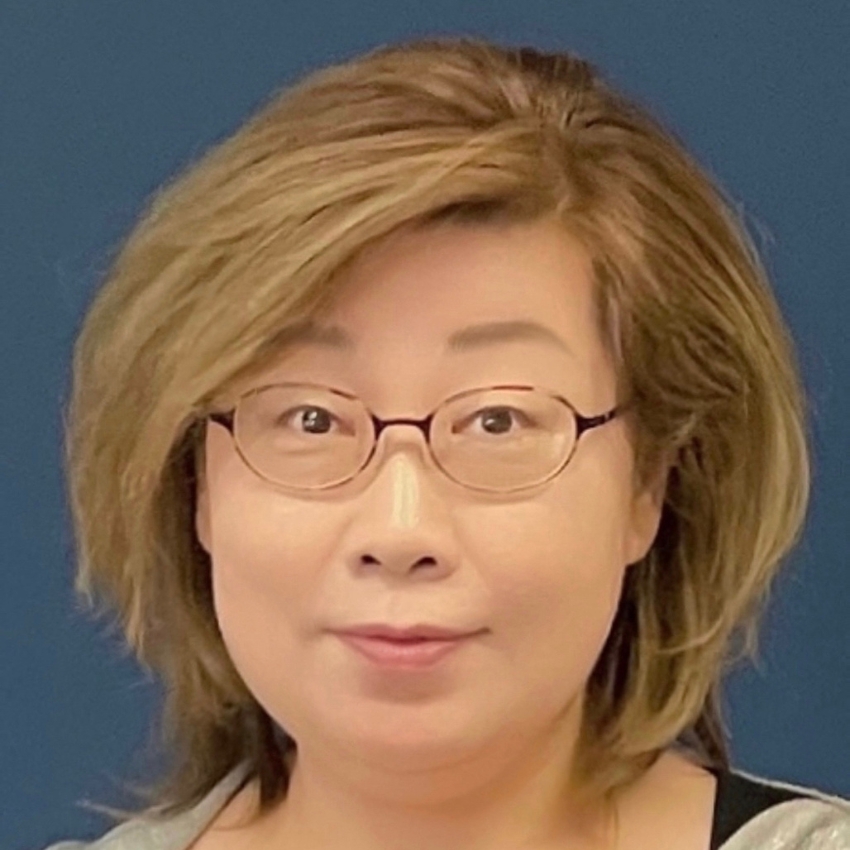
Director of Educational Development, Education Development Centre, The Hong Kong Polytechnic University
Dr Julia Chen is the Director of the Educational Development Centre at The Hong Kong Polytechnic University. She holds a PhD in Applied Linguistics and is a Principal Fellow of Advance HE (PFHEA). Her research interests include leveraging technology in education, using learning analytics for quality assurance and enhancement, and English Across the Curriculum. She leads several large-scale multi-university projects, including a recent one on Generative AI. Julia has won numerous awards: the Hong Kong University Grants Committee Teaching Award 2022 in the Collaborative Teams category (team leader), QS Reimagine Education Awards 2022 Breakthrough Technology Innovation in Education Silver Prize, First Prize of the Paper Award in Learning Analytics 2022, the EdTech Heroes Learning Experience Award 2023, and twice the PolyU President’s Award for Excellent Performance for outstanding teaching and service respectively. She has also been honoured with the lifetime designation of Distinguished Fellow by the Association for Writing Across the Curriculum in the USA. Julia is a popular speaker and has been invited to give keynotes and talks in Hong Kong, Mainland China, Singapore, Japan, Indonesia, the UK and the USA.
Education has been compelled to innovate at all levels in recent years. The pandemic has forced educational institutions to swiftly adapt online synchronous and asynchronous learning and teaching modes, and to operate under unprecedented emergency remote conditions. When the pandemic began to subside and educators around the world thought they could finally catch their breath, another widespread phenomenon—the rise of Generative AI (GenAI)—has taken the world by storm and swept through the education sector. With the rapid development and intense penetration of GenAI in the education arena, governments and institutions are now confronted with the challenging decisions of whether to allow GenAI in the learning and assessment processes, and if so, to what extent and how. Alongside revisions to learning and assessment tasks, strategic planning in areas including curriculum redesign, policy and governance, ethics, as well as development of teachers’ and students’ digital competence warrant immediate attention.
The rapid technological advances and upheavals experienced in the education sector in the past few years also necessitate the need to prepare teachers and students for the world of VUCA, a term widely used in North America that stands for volatility, uncertainty, complexity, and ambiguity; or TUNA, a similar concept coined at Oxford University: turbulence, uncertainty, novelty, and ambiguity. Embracing this change of mindset is important as we not only need to ride on the waves of GenAI but enhance our capability to leverage other emerging technologies including augmented reality (AR) and virtual reality (VR) for immersive learning.
This keynote presentation will discuss the challenges and opportunities brought about by GenAI and emerging technologies, and present examples of their actual incorporation in learning, teaching, and assessment.
